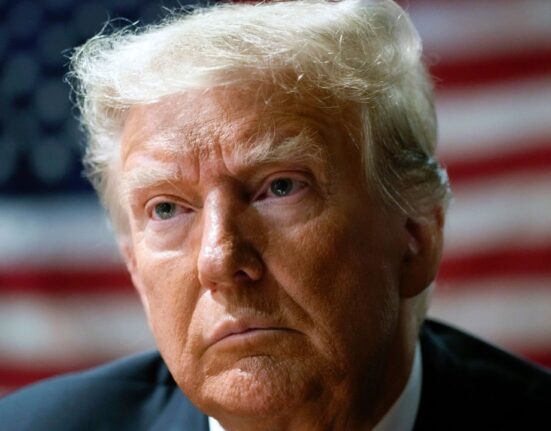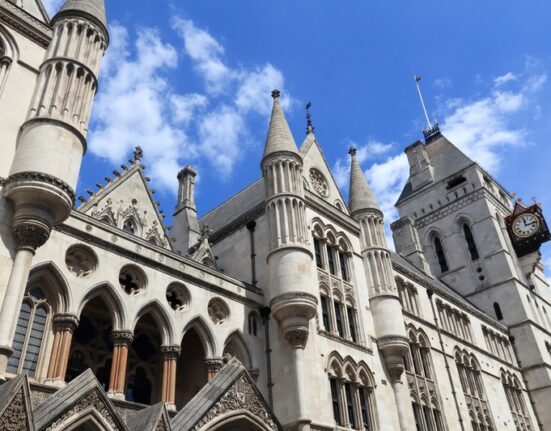In the heart of South Sudan, a spirit of unity is blooming through the power of cooperatives. These organizations are not just about farming or economic activities; they are becoming catalysts for peace and stability in a region long plagued by conflict.
Louis Bagare, the project manager of cooperatives at the Food and Agriculture Organization (FAO) in South Sudan, believes that cooperatives offer a path out of poverty for many South Sudanese. He emphasized,
“Cooperatives are a system that enables the South Sudanese to improve their livelihoods…this is the only way for South Sudan to move out of poverty.”
The journey towards peace in South Sudan has been tumultuous, with years of civil war followed by fragile peace agreements. Young people, often drawn into violence and looting, pose significant challenges to building lasting stability. However, cooperatives have emerged as beacons of hope amidst these adversities.
Deng William Achiek from South Sudan’s Ministry of Agriculture and Food Security highlighted the transformative impact of cooperatives on local communities, stating that
“Cooperatives really changed the mindset of our people and brought stability to the country.”
What sets cooperatives apart is their democratic nature. Oneil Yosia Damia, Director-General for Cooperative Development in South Sudan, explained that within these groups individuals find collective strength:
“A cooperative is a democratic, social association…they can raise the standard of their living.”
This democratic model not only empowers members economically but also fosters a culture of collaboration over conflict.
The economic benefits brought by cooperatives play a crucial role in steering young people away from violence. Louis Bagare pointed out that engaging youth in productive activities reduces their inclination towards picking up arms:
“When [youth] are engaged in productive activities that generate income, they will not have the interest to pick a gun…to rob and loot.”
Moreover, beyond financial gains, cooperative structures open doors to external support mechanisms. Banks show more willingness to invest in group initiatives while organizations like FAO are inclined to provide assistance to cooperative ventures.
South Sudan’s history reveals deep-rooted connections with cooperative practices. Mr. Bagare reflected on past eras where such collaborations thrived before conflicts disrupted them:
“Cooperatives are not something which has come from nowhere…it has been part of the culture.”
The vision now is to reignite this spirit across all sectors for a more cohesive society.
Looking ahead, there is optimism for an inclusive future where cooperation becomes ingrained in every facet of society. Mr. Daima expressed his desire for vibrant cooperatives symbolizing unity: “I want our cooperatives to be as busy as bees…this is the spirit of oneness.”
In conclusion, amid challenges both historic and contemporary, cooperatives stand as pillars supporting progress towards peace and prosperity in South Sudan.









Leave feedback about this